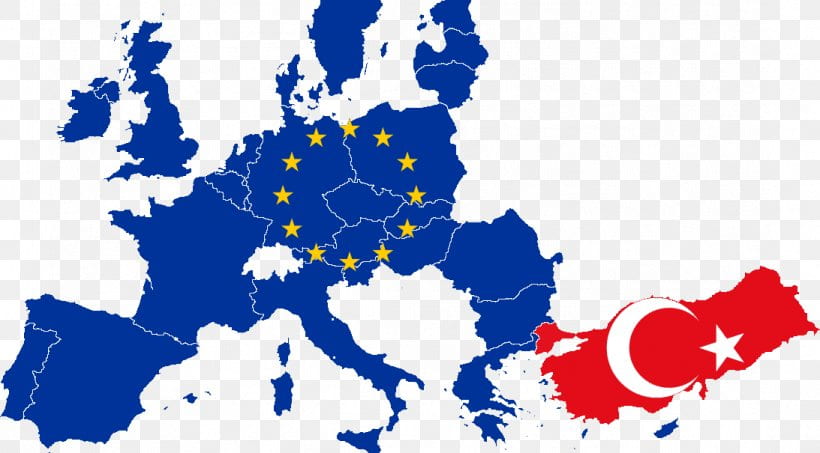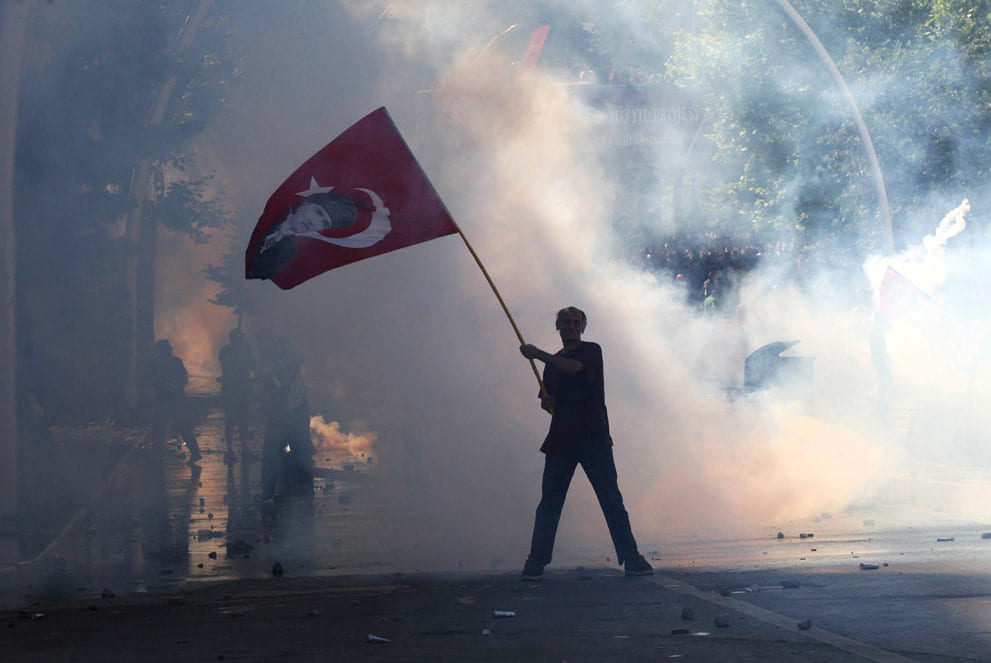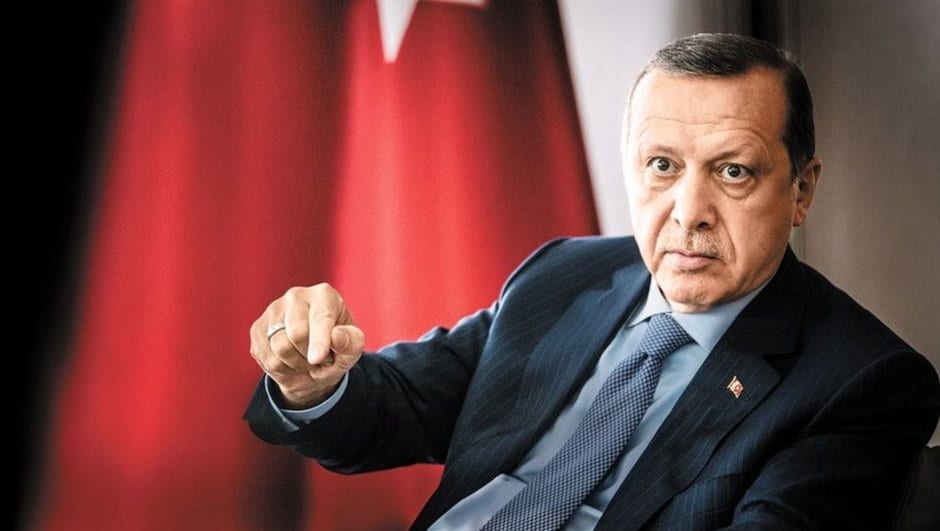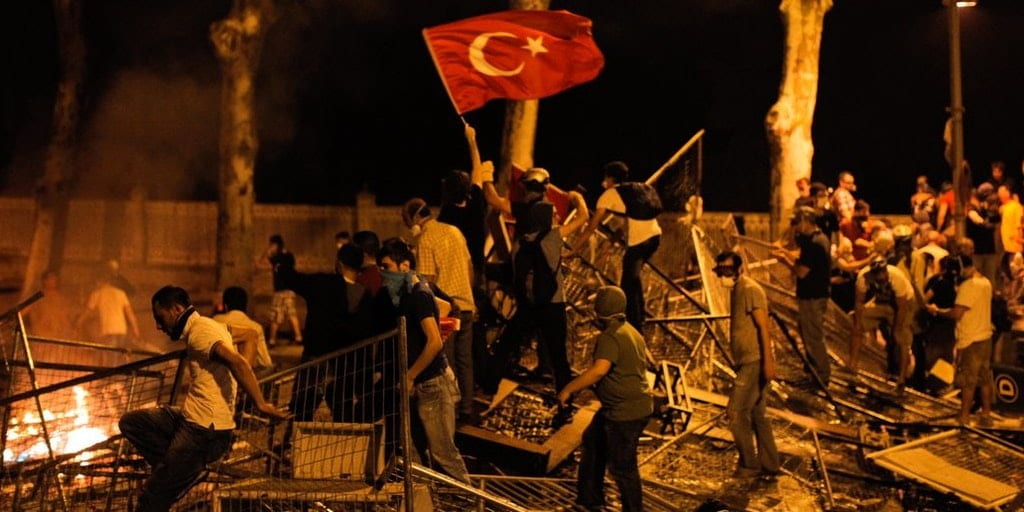Click image to watch Roundtable
With recent periods of civil unrest, mass suppression of personal freedoms, and rising anti-EU/anti-Western sentiments throughout Eastern Europe, the significance of Turkey’s recent alignment with Russia cannot be overstated. A legitimate challenge to Western dominance may come in the form of an “Eastern bloc” comprising authoritarian states that have been shunned by the West.
Imperial Evolution: The Putin-Erdogan Quandary
by Everett Shirtliff
President Recep Tayyip Erdogan’s blooming relationship with Russian President Vladimir Putin may signify a tipping point in the “East v. West” relationship that has been brewing since the dissolution of the Soviet Union in 1991. The recent developments between the two leaders could be seen as Turkey aligning itself with its neighbors to the East—a move that may prompt the formation of an “Eastern bloc” comprising states that have grown increasingly dissatisfied with the West.
Shifting Away from the West: Erdogan’s Post-Coup Attempt Response
by Hannah Warner
The 2016 coup attempt presented an opportunity to Erdogan to increase the power of the presidential position, while promoting pre-existing anti-West sentiments. Through the implementation of a state of emergency and constitutional revisions, Erdogan has cracked down on dissent. While continually committing major human rights atrocities against the Turkish population, Erdogan has retained his conservative support base through his polarizing strongman attitude. In speech, Erdogan champions democracy, however, according to his actions he is running an authoritarian regime.
A Dysfunctional Marriage
by Dwight Myvett Jr.

A combination of increased authoritarianism and military aggression against allies has rendered Turkish accession to the European Union a pipe dream. As Europe attempts to configure an alternative to Turkish membership via the prospect of a “privileged partnership,” Turkey instead turns eastward to cultivate new alliances. If no alternative to EU-membership can be found and agreed to by both parties, the EU and West as a whole must begin thinking about how it will deal with an adversarial Turkey and emergent Eastern Bloc.





